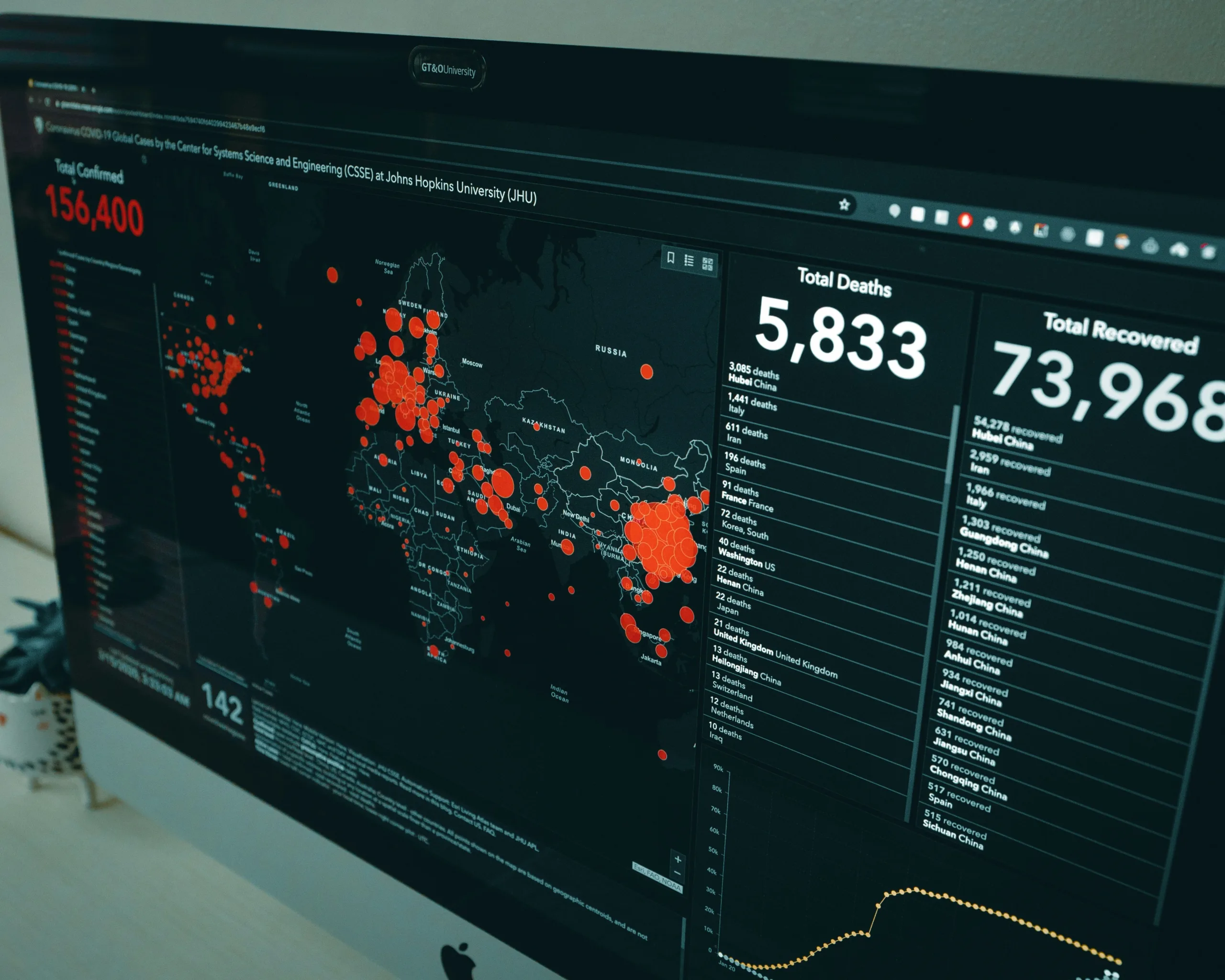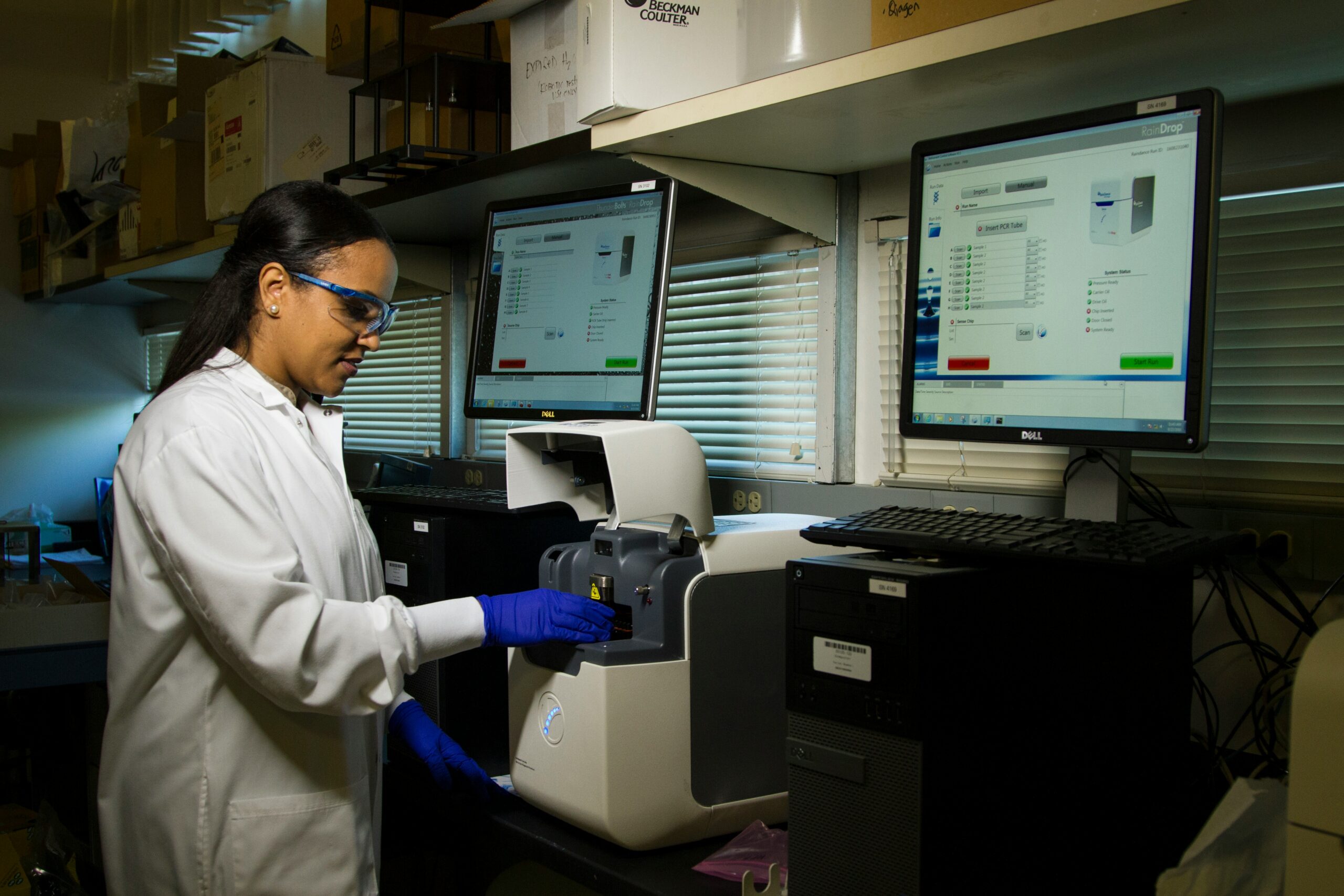By becoming a member of our site, you can add the content you like to your favorites, and present the content you have produced or liked on the internet to our site visitors with the send content option.
Zaten bir üyeliğiniz mevcut mu ? Giriş yapın
By becoming a member of our site, you can add the content you like to your favorites, and present the content you have produced or liked on the internet to our site visitors with the send content option.
You Can Benefit from All Options Exclusive to Our Members by Registering
Next Content:
Education Reform for the Digital Age: Access and Quality
- Home Page
- #Blockchain
- Blockchain Integration: Revolutionizing Industries
Blockchain Integration: Revolutionizing Industries
Blockchain technology has emerged as a transformative force with the potential to revolutionize various industries. Originally conceptualized as the underlying technology behind cryptocurrencies like Bitcoin, blockchain has since evolved into a versatile tool with applications across finance, supply chain management, healthcare, and beyond. In this article, we will explore how blockchain integration is reshaping industries, unlocking new possibilities, and driving innovation.
At its core, blockchain is a decentralized and distributed ledger technology that enables secure and transparent record-keeping of transactions. Unlike traditional centralized databases, which are controlled by a single entity, blockchain operates on a network of computers (nodes) that collectively validate and record transactions in a tamper-resistant manner. This decentralized architecture ensures that data stored on the blockchain is immutable, transparent, and resistant to tampering or censorship.
One of the most significant impacts of blockchain integration is in the realm of finance and banking. Blockchain-based cryptocurrencies offer a decentralized alternative to traditional fiat currencies, enabling peer-to-peer transactions without the need for intermediaries such as banks or payment processors. Beyond cryptocurrencies, blockchain technology is also being applied to streamline processes such as cross-border payments, securities trading, and supply chain finance, reducing costs, improving transparency, and enhancing security.
In the supply chain and logistics industry, blockchain integration is revolutionizing the way goods are tracked and authenticated throughout the supply chain. By leveraging blockchain’s immutable ledger capabilities, companies can create transparent and auditable records of every step in the production, shipment, and delivery process. This increased transparency not only improves efficiency and reduces fraud but also enhances trust and accountability among supply chain participants.
Healthcare is another sector where blockchain integration holds immense promise. The use of blockchain technology for medical record-keeping, patient identity management, and pharmaceutical supply chain tracking can improve data security, interoperability, and patient privacy. Additionally, blockchain-based smart contracts enable the automation of healthcare transactions such as insurance claims processing and clinical trial management, streamlining processes and reducing administrative overhead.
The real estate industry is also undergoing transformation through blockchain integration. Property transactions, title deeds, and land registry records can be recorded on a blockchain, providing a transparent and immutable record of ownership and transaction history. This not only reduces the risk of fraud and disputes but also simplifies the process of property transfer and ownership verification.
In conclusion, blockchain integration is revolutionizing industries by providing a secure, transparent, and decentralized platform for recording and verifying transactions. From finance and supply chain management to healthcare and real estate, blockchain technology is unlocking new possibilities, driving efficiency, and enhancing trust across various sectors. As businesses and organizations continue to explore the potential of blockchain, we can expect to see further innovations and disruptions that will shape the future of industries around the world.
We offer our respects and wish you a good reading. – Who Learns What? Team!
Dont forget the comment here mate! 
- On-Site Comments





























